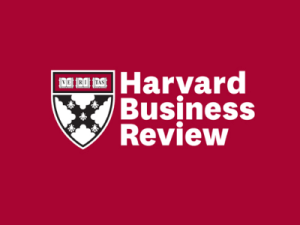A newly released report by Harvard Business Review Analytic Services, in collaboration with Eightfold AI, sheds light on the urgent and transformative role Human Resources (HR) must play in steering organizational success amid accelerating AI adoption. The research, which surveyed 371 HR and business leaders—74% of whom are in senior roles—reveals a complex picture: while HR has the potential to lead AI workforce transformation, most teams lack the expertise and strategic influence to do so effectively.
A Pivotal Opportunity Amid AI Disruption
The report, Empowering HR to Become AI-Savvy Talent Leaders, highlights a once-in-a-generation moment for HR leaders to shift from support functions to strategic partners in digital transformation. A commanding 91% of respondents agree that talent is the most critical factor in achieving AI success. Yet, only 21% believe that HR is actively involved in shaping their organization’s AI strategies—a major disconnect between potential and execution.
Key Findings Include:
- Skills Gaps Are Deepening: 72% of respondents say AI adoption has exposed existing weaknesses in technical skills across the workforce.
- Insufficient AI Knowledge in HR: Over half (52%) cite a lack of AI expertise in HR departments as a top barrier to involvement in strategic planning.
- Upskilling Remains Ineffective: Only 35% of organizations feel they are effective at reskilling and upskilling workers to meet AI demands.
- Training Priorities Shift: 54% are now prioritizing employee development in AI-related skills to close growing gaps.
- Creative Problem-Solving Takes Precedence: Executives are placing greater value on creative and adaptive thinking over technical prowess alone.
HR Must Rethink Its Role and Approach
The report underscores that traditional role-centric hiring models must give way to skills-based strategies tailored to AI transformation. HR professionals are now expected to develop competencies in:
- Data-driven decision-making to align talent planning with AI initiatives
- Change management to guide cultural shifts across departments
- Adaptability and lifelong learning, as AI tools and technologies evolve rapidly
Strategic Insight from Fortune 500 Talent Leaders
Beyond the quantitative data, the report includes interviews with HR executives from Fortune 500 companies, offering real-world strategies for aligning people operations with AI. These leaders emphasized the need for early AI engagement, internal champions, and a reimagined talent pipeline that nurtures long-term innovation.
Call to Action for HR Leaders
“HR professionals have a historic chance to redefine their influence,” the report states. But doing so requires breaking out of traditional administrative molds and embracing AI as a core competency. Those who act now can position themselves as key drivers of business value in a new era of intelligent operations.




 Share your Details for subscribe
Share your Details for subscribe